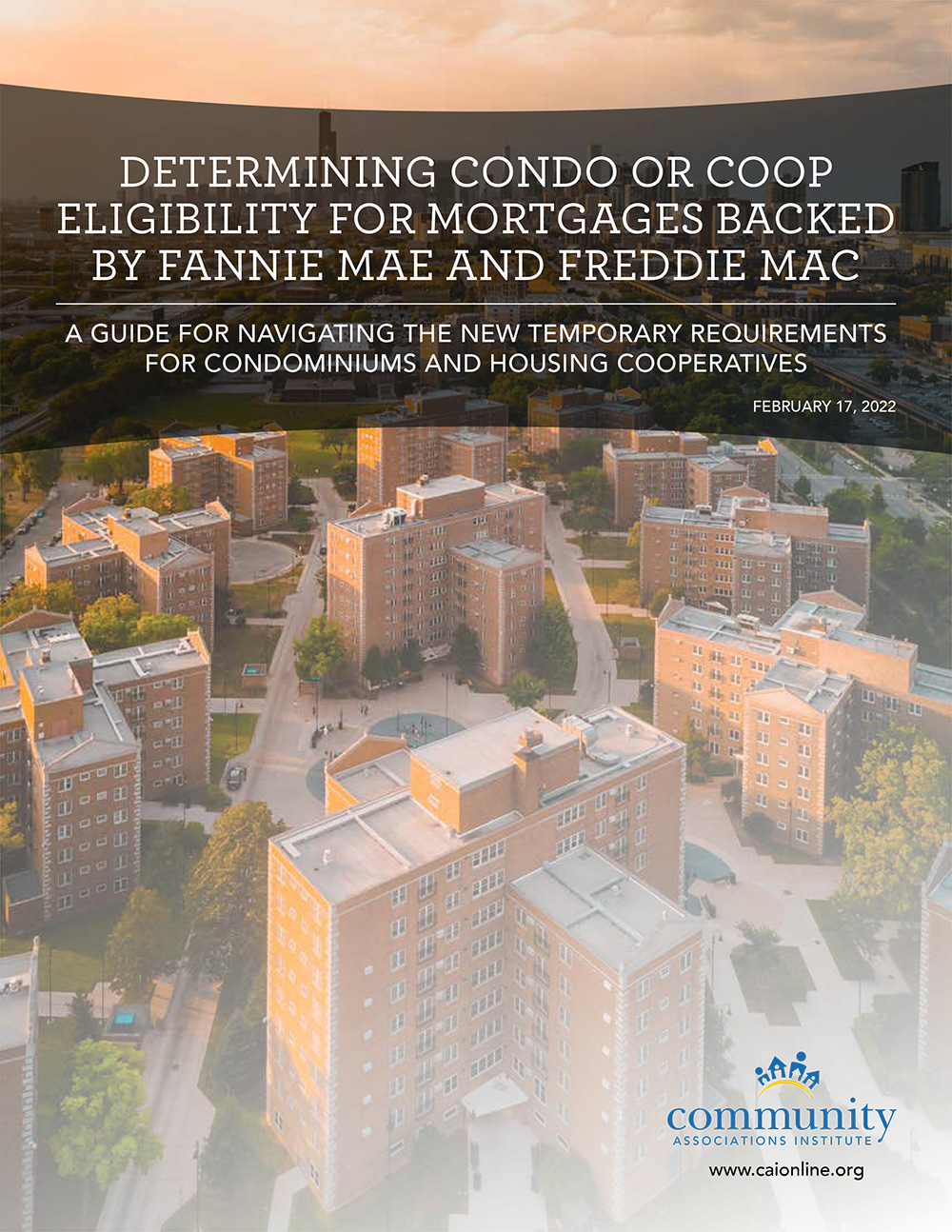 Fannie Mae and Freddie Mac are known as government-sponsored enterprises (GSE), a quasigovernmental entity established to enhance the flow of credit to specific sectors of the American economy. Created by Congress, these agencies are privately held companies under the oversight of the Federal Housing Finance Agency (FHFA) to help provide public financial services. These GSEs do not lend money to the public directly; instead, they guarantee third-party loans and purchase loans in the secondary market, providing money to lenders and financial institutions.
Fannie Mae and Freddie Mac are known as government-sponsored enterprises (GSE), a quasigovernmental entity established to enhance the flow of credit to specific sectors of the American economy. Created by Congress, these agencies are privately held companies under the oversight of the Federal Housing Finance Agency (FHFA) to help provide public financial services. These GSEs do not lend money to the public directly; instead, they guarantee third-party loans and purchase loans in the secondary market, providing money to lenders and financial institutions.
Following the Champlain Towers South condominium collapse in Surfside, Fla. in June 2021, the GSEs set out to make changes to their guidance that mortgage lenders must follow if they want Fannie Mae or Freddie Mac to guarantee or purchase their mortgages. According to FHFA, Fannie Mae and Freddie Mac own 62% of conforming loans. Lenders rely on Fannie Mae and Freddie Mac to purchase or guarantee their mortgages because it gives more liquidity for lenders, which then allows them to underwrite or fund more mortgages. Lenders need to comply with the new Fannie Mae and Freddie Mac requirements to maintain underwriting or funding the volume of mortgages.
The new requirements, intended to mitigate risk of losses for Fannie Mae and Freddie Mac, create a database of condominium and housing cooperative projects that are ineligible for guarantee or purchase by Fannie Mae or Freddie Mac. Lenders will and have declined lending in condominium and cooperative projects with significant deferred maintenance or unsafe conditions, special assessments, insufficient reserve funding, or no reserve study.
Industry Concerns: While the guidance from Fannie Mae and Freddie Mac introduced in late 2021 brings new project requirements for condominiums and housing cooperatives to ensure safety and structural stability following the condominium collapse in Surfside, the short timeframe of implementation and updated lender questionnaires have caught community association boards, managers, attorneys, and document providers by surprise, and they are now seeking to address the new requirements while keeping real estate transactions in their communities moving forward.
In February, CAI sent a letter to the Federal Housing Finance Agency (FHFA) requesting that implementation of the temporary guidelines be suspended by at least one year. Recently, CAI members shared that creditworthy borrowers have been denied credit to purchase homes and refinance mortgages in condominium and cooperative projects with no safety, soundness, structural integrity, or habitability concerns because of the temporary guidelines.
CAI supports the intent of the new requirements and understands the need for the government-sponsored enterprises to assess and mitigate risks associated with their respective condominium unit and cooperative share mortgage portfolios. CAI respectfully recommends a delay in implementation to support this outcome by reducing uncertainty; allowing associations, their managing agents, and service providers to produce documentation materials more efficiently; and accounting for state and local government enactment of appropriate condominium and cooperative project safety and financial solvency standards.
CAI continues to engage in conversations with Fannie Mae and Freddie Mac representatives, realtors, mortgage bankers, and others to find solutions that can help avoid a regulatory bottleneck and loss of capital and liquidity to the condominium and housing cooperative mortgage market, and is collecting data to better understand the impact of these new requirements on condominiums and housing cooperatives.
For resources including webinars and a guide to help communities navigate the new requirements visit www.caionline.org/condosafety.
Dawn Bauman, CAE is CAI’s senior vice president, Government & Public Affairs and executive director, Foundation for Community Association Research.
 (1).png)







